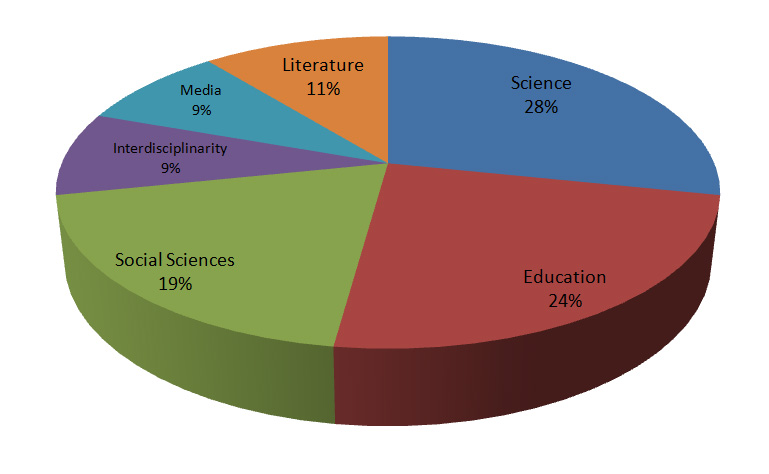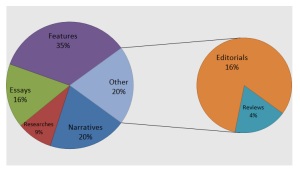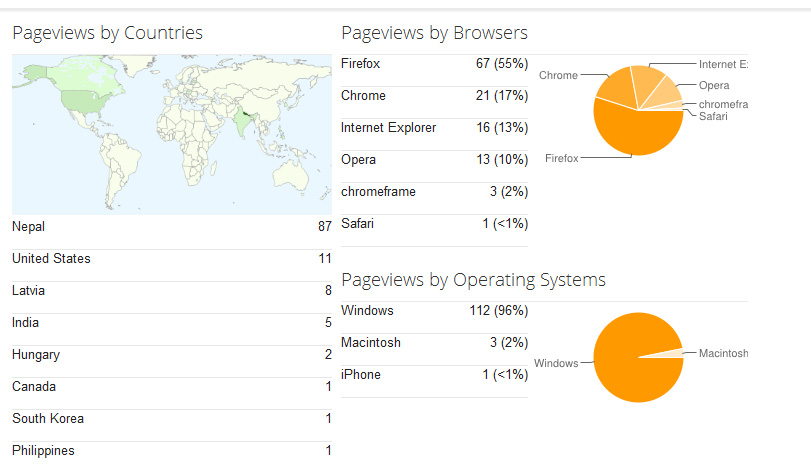Welcome to the August 2020 Issue of the Forum for Interdisciplinary Discourse !
In a bid to feature relatively less noticed or unheard voices, we reached out to the University’s alumni this time. As a result, we have had five people on board. Mr. Anuroop Manandhar (Biotechnology) and Ms. Rubeena Mahato (Media Studies) represent the graduates of the first batches of the programs launched first time in Nepal. Dr. Uttam Budhathoki, Ms. Roshee Lamichhane Bhusal, and Dr. Nirish Vaidya, alumni of Pharmacy, Management and Medical Sciences, respectively, are currently the faculties in the University. This makes it an Alumni Special Issue, and grasps visible diversity of subjects.
However, readers may discern broad themes of mentoring and growth represented here or there.
We have also added two other categories from this issue: “Know Thy Mentor” and “From the University of Life.” For the first, we will feature at least one passionate teacher/mentor. The second will have at least one non-teaching staff who has served the University for an extended period of time. In a sense, these columns will introduce those who choose to work and thrive silently and celebrate their achievements with utmost optimism no matter how big or small the achievements are.
List of Posts in this issue:
- Anuroop Manandhar: “The Prices and Rewards of Being Early”
- Rubeena Mahato: “We Didn’t Do So Bad, After All”
- Anusha Gyawali, Shephalika Dhakal and Saugat Bastola: “Meet Thy Mentor: Dr. Uttam Budhathoki”
- Roshee Lamichhane: “What It Means to Be an Assistant Professor”
- Nirish Vaidya: “Myths and Realities behind ‘Whole Body Check-up”
- Niraj Poudyal: “On Mentors”
- दामोदर घिमिरेः “जीवनको विश्वविद्यालयका कर्मयोगी तेजबहादुर पुरी”
We invite constructive feedback for our works and, yes, valuable write-ups for the future issues. Happy reading!




